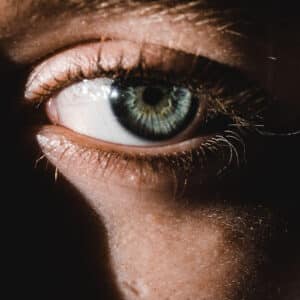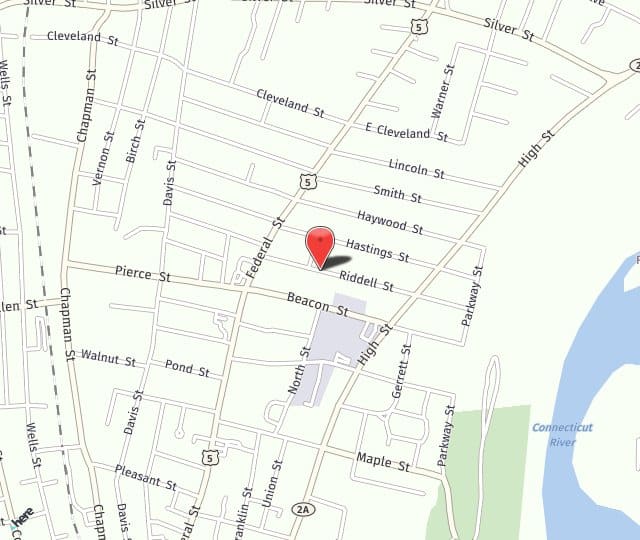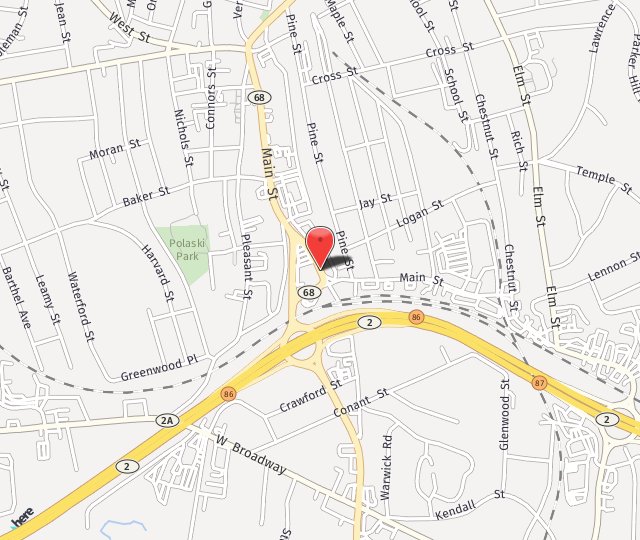
One of the most common examples is blepharitis, an inflammation of the eyelids caused by clogged oil glands near the base of the eyelashes.
While this condition can be chronic and challenging to treat, it usually doesn’t result in permanent damage to your vision. Here’s what important to to know about treatment options for blepharitis.
Diagnosing Blepharitis
Diagnosing blepharitis requires an experienced ophthalmologist to examine your eyelids and look for clogged glands.
These specialists may also collect samples of the oil and crust on your eyelids, using them for further analysis. These samples help them determine the underlying causes of the inflammation, which could include allergens, bacteria, or fungi.
Treating Blepharitis
In early stages, the treatment of blepharitis often requires only self-care measures, which can provide fast relief and relieve symptoms.
That starts with washing the eyes with warm water and focusing on the eyelids. This can help open clogged glands. Applying warm compresses also aids many patients suffering from blepharitis.
However, additional treatments may be necessary in severe cases or when the patient suffers from other medical conditions.
These are a few common treatment options for blepharitis:
- Medications for infection: Antibiotics, usually in the form of either eyedrops or ointments, can effectively treat the bacterial infections common with blepharitis.
- Medications to control inflammation: Steroid eyedrops and ointments can also be used to reduce inflammation and alleviate other symptoms.
- Treatments for underlying conditions: If blepharitis is caused by another condition, like rosacea or seborrheic dermatitis, then treating the underlying disease helps resolve the blepharitis.
- Medications for the immune system: In some cases, topical cyclosporine, a calcineurin inhibitor, may be prescribed to relieve symptoms and improve eyelid health.
Schedule a Consultation
If you are experiencing symptoms of blepharitis, it’s vital to seek professional medical advice.
Contact Longwood Eye & Lasik today. You can schedule a consultation with us online or by calling us at 1-866-209-0752. Take the first step toward finding relief from blepharitis with one of our experienced ophthalmologists.




